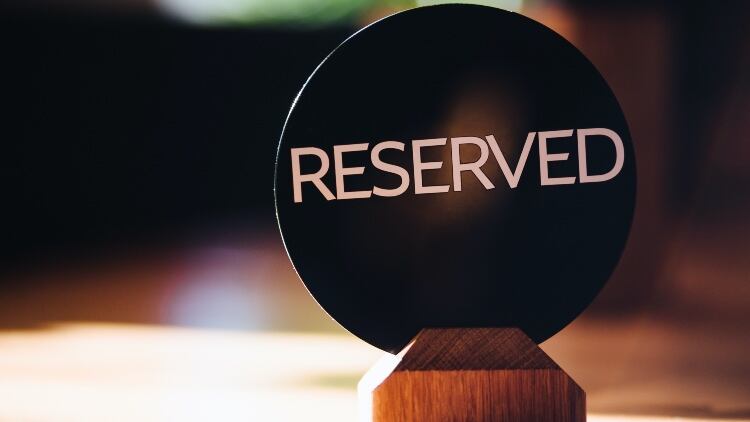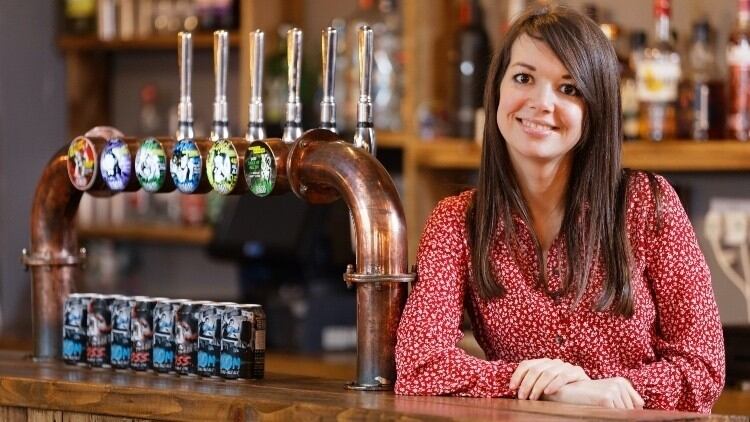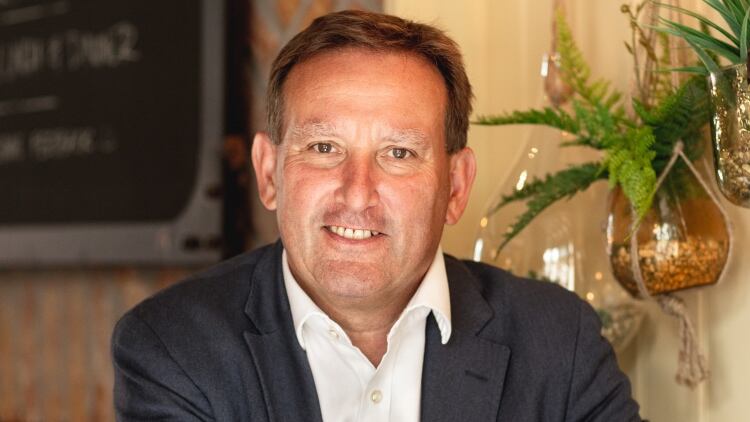As reported by The Daily Mail, Archer Street – an exclusive cocktail lounge operator with bars in Soho and Clapham – is only accepting “mixed gender groups” and asking same-sex groups to “meet management” before their booking can be accepted as it resumes trading post-lockdown.
The policy came to light after one customer was turned down when trying to make a reservation in late April.
According to reports, the Group states: “Archer Street will only accept bookings of mixed gender groups. We do, on occasion, allow smaller groups of the same-sex, although you may be asked to come down to Archer Street to meet with management, before confirmation of your booking.”
TripAdviser reviews suggest that the operator's Soho site implemented said policy as long ago as March 2014.
Reason for refusal ‘critical’
Speaking to The Morning Advertiser (MA), Andy Grimsey, partner at specialist licensing solicitor Poppleston Allen, clarified that pub and bar operators can refuse entry to anyone provided it isn’t because of a protected characteristic like sex or sexual orientation.
“It is the reason for the refusal, not who is being refused, that is critical,” Grimsey explained.
“Licensees have a duty to promote the licensing objectives, including preventing crime and disorder and promoting public safety, and if the genuine reason for refusing to admit a certain group is due to the licensee’s prior knowledge that that particular group causes trouble, then that should be justification enough, whoever they are.
“The potential problem with any ‘policy’ is that it is in danger of applying a one size fits all approach which could be seen as, rightly or wrongly, discriminatory," he added.
“It is always important for operators to note down their reasons for any refusal, and if they have an admissions policy to make sure it is flexible enough not to directly or indirectly discriminate.”
The MA has contacted Archer Street for comment, but at the time of writing had not received a response.
The ‘because’ that matters
What’s more, according to legal experts contacted by The Daily Mail, if the bar turned down single-sex bookings made by LGBT+ people celebrating weddings or civil partnerships, they could be breaking equality law.
“If a booking is for a group of men or women only for a party night, then a bar can refuse the booking if the bar has knowledge or experience of such groups wrecking the joint,” Prof Stephen Whittle, an equality law expert at Manchester Met University, told The Daily Mail.
“If they refuse a booking because it is to celebrate the wedding or civil partnership of a same-sex couple, or a couple where one or both partners is trans, then the refusal is almost certainly contrary to the Equality Act 2010,” he added. “It is the ‘because’ that matters.”
Additionally, Imogen Hamblin, a member of the Law Society's LGBT+ committee, told The Daily Mail that she believed that Archer’s Street policy could constitute either direct or indirect discrimination on grounds of sexual orientation.
She cited a 2016 case in which a hotel banned same-sex couples from sleeping in a double room together – which was found as direct discrimination, roughly translating as “less favourable treatment on grounds of sexual orientation”.
“The bar's policy could also fall into indirect discrimination, which is a where a policy, criterion or practice (PCP) when applied to all, substantially disadvantages a group of people with a protected characteristic.
“The PCP is the refusal to allow same-sex individuals to book at the restaurant,” she added.
“The PCP would apply to all, in that I imagine the restaurants enforce this against same-sex individuals whether they are in a romantic relationship or not.
“The protected characteristic is sexual orientation and there is a clear disadvantage in that they cannot go out for a meal with their partner.”




